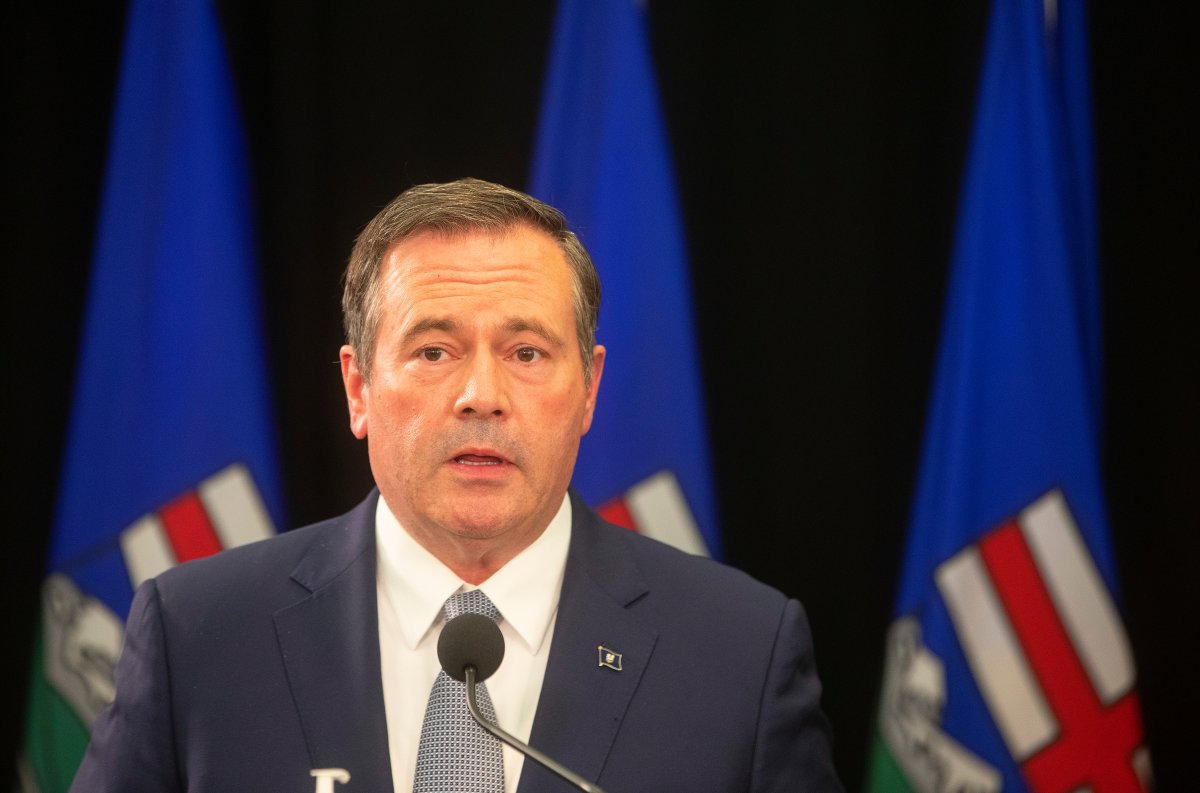The province with Canada’s largest oil and gas industry has sent one of the country’s smallest delegations to an international climate conference where emissions from that sector are under scrutiny.

It’s a missed opportunity, says one observer.
“It’s incredibly good to be there and learn from these events,” said Keith Brownsey, a political scientist at Mount Royal University. “It’s smart, but apparently we don’t think it’s all that smart.”
A preliminary list of the Canadians attending the COP26 meetings in Glasgow, Scotland, shows that of 200 Canadian delegates two are from the Alberta government. They are officials from Emissions Reduction Alberta, an agency funding emissions-reducing technologies, and are the province’s only representatives.
Almost every province has sent more delegates or higher-level representatives to the meetings, which are setting the world’s path to reduce greenhouse gas emissions from fossil fuels.
Newfoundland has nine people at the meetings and Manitoba has six. Ontario has four, as does the Northwest Territories. Quebec has 36 representatives.
Five provinces sent environment ministers. Prince Edward Island sent the director and coordinator of its environment department.
Inuit and Metis groups have more representation than Albertans. So do groups such as the Climate Action Network. Suncor has its own delegates.

Get daily National news
There are also more Mounties at the meetings than representatives of the province with, arguably, the most at stake of any Canadian jurisdiction.
Premier Jason Kenney has said he didn’t consider it worth attending.

“We’re still in a state of public health emergency and so we’re not travelling unless it’s absolutely essential,” he said earlier this week. “Just one more politician flying into a gab fest in Glasgow is not going to make any meaningful difference.”
But Brownsey said the United Conservative government has missed an important chance to gather information, make contacts and tell Alberta’s story to the rest of the world.
“What goes on at COP has a dramatic impact on us in Alberta,” he said.
“Even the Saudis were there, talking about how they were going to reduce emissions. And we sent two delegates?”
Brownsey said being at the conference allows delegates to better understand the positions of other countries.
“We don’t know what’s going on. We can read the official documents, but it’s in the off-hours you find out what these groups are really thinking.”
As well, Brownsey said not showing up leaves the field to a federal Liberal government with which Alberta’s United Conservatives are often at odds.
“You complain about them, but do nothing to counter them.”
New Democrat Opposition Leader Rachel Notley has also criticized Alberta’s small COP attendance.
“All Albertans who care about the climate and all working Albertans who have jobs in the oil and gas sector need to be represented,” she said in a Facebook post this week.
“There’s an opportunity to protect our share of the international market. It’s a missed opportunity by a government that thinks ducking and covering is actually an economic policy.”
So far, the COP26 conference has seen announcements from Canada on emissions caps for oil and gas as well as agreements on reforestation.
Banks, insurers and investors managing $160 trillion have pledged to emphasize green investing. A number of countries are expected to commit on Thursday to ending public financing for fossil fuel projects abroad by the end of 2022.
Fossil fuels get more public support in Canada than in any other G20 country, a recent study found.
- Calgary’s mayor asks province to salvage parts of halted Green Line transit project
- Moraine Road RV residents get temporary extension while city seeks long-term solution
- Calgary police searching for sexual assault suspect after attack at swimming hole
- Calgary’s termination of Green Line adds extra frustration for expropriated Eau Claire residents







Comments